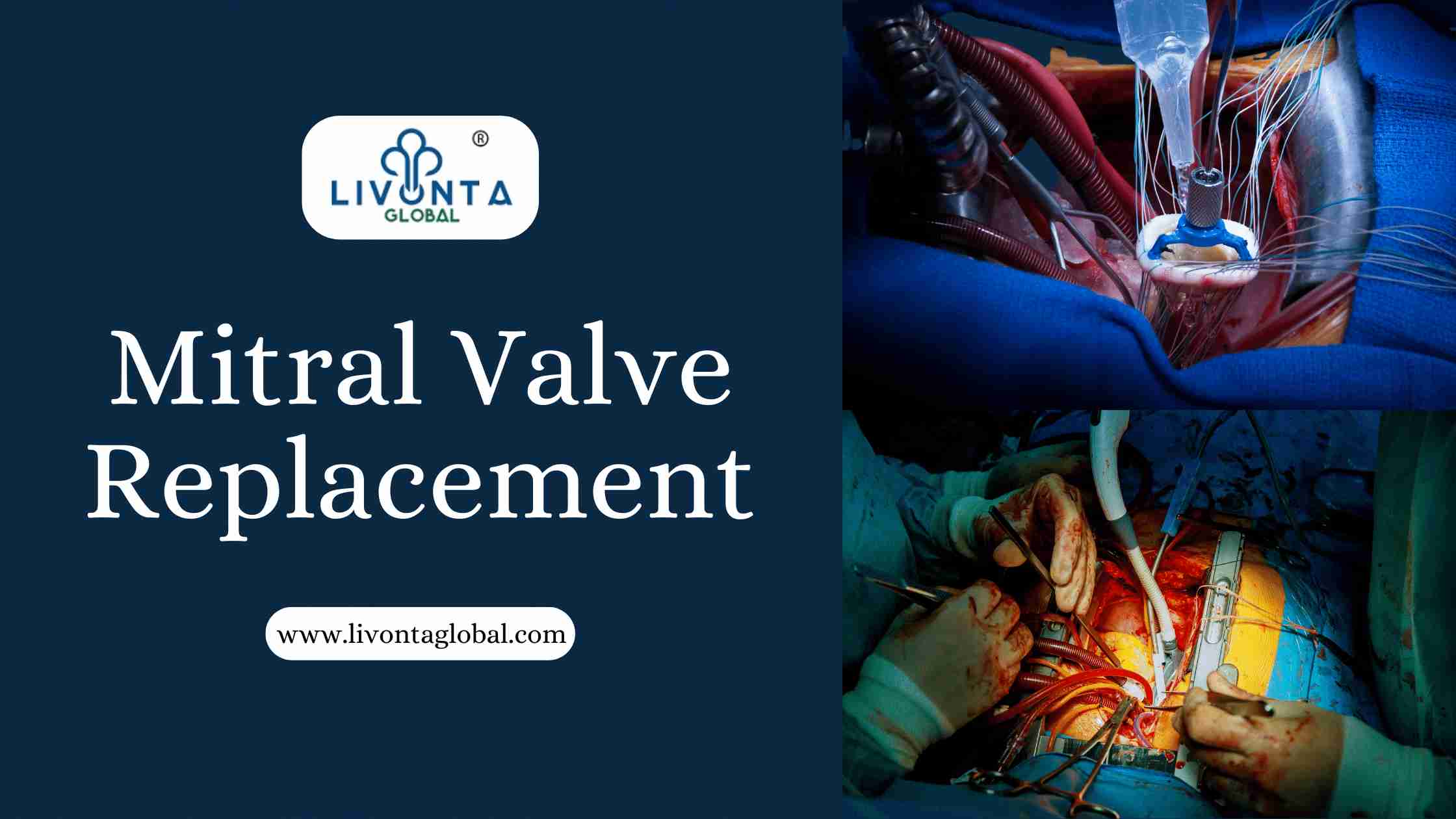
Mitral Valve Replacement
One of your heart’s four main valves is the mitral valve. It facilitates the movement of blood from your heart to the rest of your body. Your heart is under stress when this valve isn’t functioning properly. Additionally, it makes it challenging for your blood to circulate healthily. There are situations when mitral valve issues can be treated surgically or with medication but it should be decided by the best heart hospital in India. In extreme circumstances, the valve will need to be completely replaced. Replacement surgery for the mitral valve is what this is.customflooringconsultants.com
customflooringconsultants.com
ortopedski čevlji z kapico
handschoenen tijgerprint
adidas 白 パーカー
my carry bag myomy
električni sušilec za perilo
geosbau.at
sewingcrew.com
koiran portaat
Why need it?
Mitral valve disease is a problem with your mitral valve. Some persons experience silent mitral valve disease, with no symptoms until the damage is quite severe. Breathlessness, dizziness, and an accelerated heartbeat are some of the symptoms that can appear.
Two varieties of mitral valve disease exist:
- Stenosis of the mitral valve – Your mitral valve cannot fully open in this situation. As a result, less blood passes through your heart’s chambers.
- Regurgitation of the mitral valve – It follows that your mitral valve is bleeding. In this scenario, some blood that ought to be flowing through your heart instead spills backward.
Mitral valve disease can be caused by a number of things. Sometimes, the issue is just a byproduct of aging normally and the mitral valve deteriorating. Only the doctors with the best heart treatment in India can detect the actual reason. Additionally, certain medical issues, such as the following:
- Heart disease
- Rheumatic fever,
- Heart valve infection,
- Coronary artery disease
- A prolapsed mitral valve
Procedure for mitral valve replacement
Sometimes, mitral valve replacement is performed during open heart surgery, requiring a significant incision through the breastbone. However, there are also minimally invasive alternatives.
- Open heart surgery
- Minimally invasive options
Risks
- Blood clots
- Chances of infection at the site of incision
- Bleeding
- Malfunction of the replacement valve
- Damage in the neighbouring organs
- Irregular memory
- Irregular heartbeat
- Stroke
Recovery
After a surgical replacement of the mitral valve, recovery typically lasts several weeks to months. The following actions can aid in hastening the healing process:
Rest – For the first several weeks following surgery, it is crucial to rest and refrain from strenuous physical activity.
Medication – The patient might require medication to treat their discomfort, stop blood clots from forming, and minimize swelling.
Physical treatment – It may be required for the patient in order to regain strength.
Follow-up visits – To track the healing process, it’s crucial to show up to all follow-up meetings with the doctor.
According to a study that was written up in the Journal of Thoracic and Cardiovascular Surgery, the 30-day survival rate following replacement of the mitral valve is around 96%. The survival percentage after five years is around 85%.
Are there alternatives to mitral valve replacement?
Treatment for mitral valve disease doesn’t just involve replacing the mitral valve. In fact, because they are less intrusive and can save your natural heart valve, alternative solutions are frequently favored. The following are alternatives to replacing the mitral valve:
To treat mitral valve dysfunction, doctors may give drugs such as blood thinners, blood pressure-lowering drugs, and diuretics. These drugs can’t fix your mitral valve, but they can make your heart and blood flow more efficiently.
You may be able to avoid surgery with the help of the MitraClip. Doctors can gently guide a clip up to your arteries and heart by inserting it through a vein in your leg. The clip will then be used to repair any leaks in your mitral valve.
When your mitral valve isn’t functioning properly but is still stable enough to be mended, you may need to undergo mitral repair surgery. During repair procedures, surgeons might correct structural issues to improve the performance of your valve.
Outlook
People with mitral valve disease may benefit from mitral valve repair by having a higher quality of life. You may experience less symptoms and feel significantly better than you did prior to surgery.
Attending a cardiac rehabilitation program could come after your operation. Cardiac rehab programs are intended to aid in your recovery from surgery and will teach you the proper exercises and other mitral valve care techniques.
When you have a new mitral valve, it’s crucial to live a healthy lifestyle.
Tags: best heart hospital in India, best heart treatment in India.

